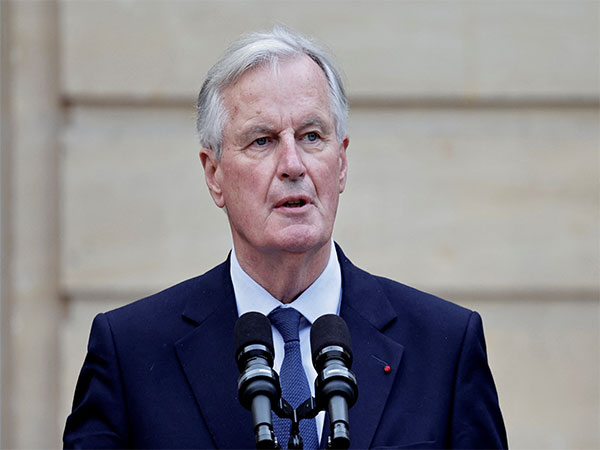French PM Retreats on Electricity Tax Amid Political Turmoil
French Prime Minister Michel Barnier has withdrawn plans to raise electricity taxes amid pressure from far-right groups, which threatens the government with a no-confidence vote. The budget plans aimed to stabilize public finances with tax hikes and spending cuts, but have faced broad political opposition.

French Prime Minister Michel Barnier has suspended plans to increase electricity taxes in the 2025 budget, a decision catalyzed by threats from far-right parties to dismantle the government should citizen taxes not be alleviated.
Barnier initially aimed to generate 3 billion euros by lifting the electricity tax, which was previously reduced to near zero during a period of energy crisis. This was part of a broader strategy to plug financial deficits of 60 billion euros through tax increments and expenditure reductions. However, the budgetary proposal met resistance across the political spectrum, leaving Barnier and President Emmanuel Macron in a precarious position between moderating fiscal targets and risking a no-confidence vote.
Economically nervous investors recently drove French bonds to high risk premiums, though these stabilized following Barnier's concessions. Far-right RN party leader Jordan Bardella claimed a partial victory, prompting additional demands, including revising pension adjustments and social security contributions. As tensions rise, Barnier faces potential governmental collapse with looming budget deadlines and political pressure.
(With inputs from agencies.)










